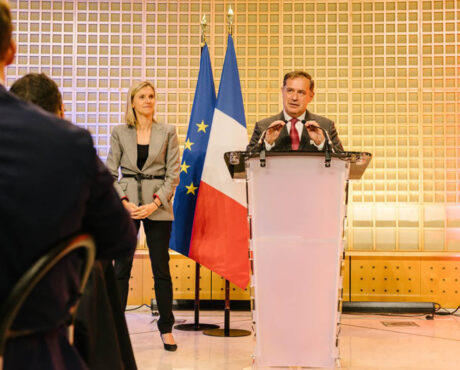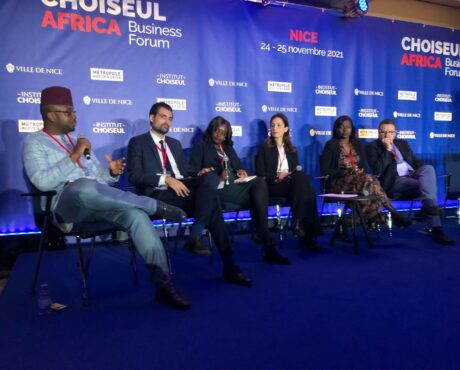Silicon Valley companies have managed to convince the world that their success is based on their technological superiority and creative genius. But this is just an illusion.
To keep consumers and investors hooked, they use a highly addictive substance: Junk Tech, a subtle combination of the ability to capture the zeitgeist, the ability to convert individual aspirations into a coherent offer, and the power to shape myths that resonate with collective desires. In the digital civilization, dream dealers have taken over from engineers and developed a vision of the world that allows them to attract capital, talent and public attention.
In France and Europe, we are trying to reproduce this formula without using the right ingredients. Victims of the Californian mirage and of the “techno-centric” approach, we are adopting the wrong recipe: hypertrophy of the product, cult of intelligence, dependence on rational approaches and weak culture of cooperation.
Convinced that we must break with the cult of disruption, Xavier Desmaison has co-authored a book with Jean-Marc Bally, the head of the venture capital fund Aster Capital, which argues for a renewal of innovation mechanisms and a better consideration of marketing fundamentals. The challenge is major: to draw new credible perspectives to compete with Silicon Valley and design virtuous technologies with a positive impact on the future and the planet.
Their opinion: there is room in Europe to develop less “junk” and more useful tech, provided that Europeans know how to do marketing from fundamental techs. This means subordinating technical specifications to people’s dreams, expectations and desires, i.e. knowing how to make products. Because the main reason why Silicon Valley has produced companies that are massively popular with their consumers is marketing rather than technology.
What if these methods were used in fundamentally transformational sectors such as health, environment, energy, industry, mobility? What if all ambitions were offered to French and European entrepreneurs?
See the interview of Xavier Desmaison by Professor Jean-Philippe Denis on Xerfi (in French).







